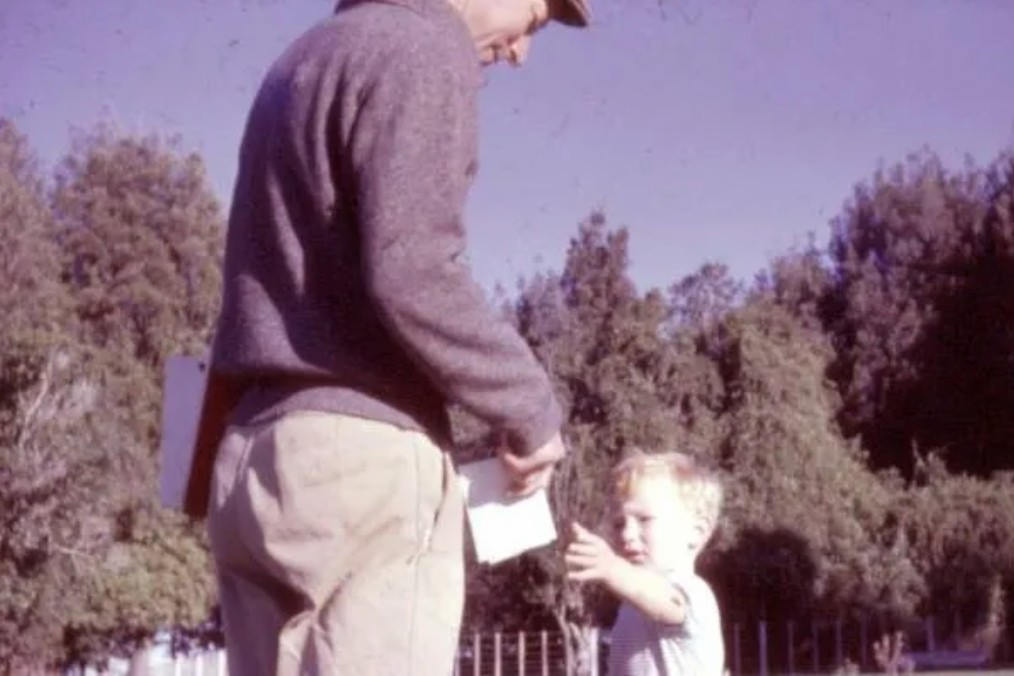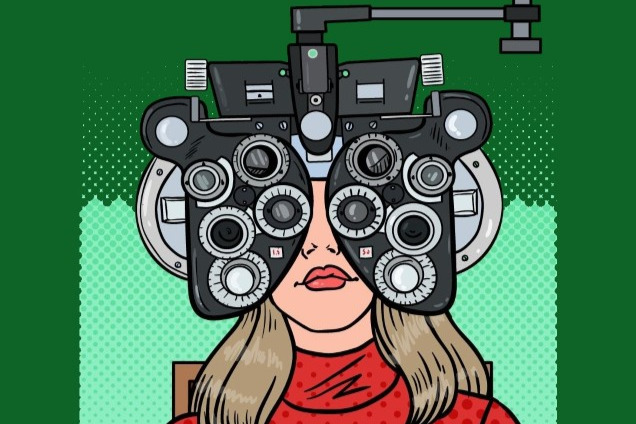I can see clearly now the pain is gone
I will forever marvel at the thought that all this life around us began as nothing more than an amoeba on a rock – from the iridescence of birds or the perfect tiny hands of a baby to the anatomical closeup of the human eye as I sit waiting in a clinic to learn if my sight is in peril.
My adventure began just before last Christmas. Down to the GP first thing in the morning to get him to look at an eye that had been so painful I couldn't sleep, then on to the Acute Eye Service (AES) at Greenlane Clinical Centre. You need to go right now, he said. "A problem like this can be sight-threatening." Sight is a miracle that gives you the world – a gift you can take utterly for granted. But such words will wholly get your attention. Over I went to the emergency clinic, a place I had been once before when a vine whacked me in the eye, so I had an idea what was in store.
I do wonder if a lot of what besets the world might be resolved by sitting groups of us together in a hospital waiting room for a day. The waiting areas at the AES are small and intimate enough that you find yourself starting to chat – a couple of dozen of you, all so different from one another, all showing small kindnesses and accommodation. People who suffer together have closer connections than people who are most content, Bob Dylan wrote (and Bob Dylan is always right).
It's not really possible to do anything but wait when you're in this condition. As anxious I was to learn the state of my sight, I was even more keen to get some kind of healing waters on the eyeball. In went a single numbing drop as Henry the ophthalmologist told me it should make me feel a lot better. Honestly, he was underselling it. “Well, the good news is it looks as though it's not an infection, you've just sustained some damage from a contact lens,” he said. A bit of cornea was gone, evidently. I just had to wait for it to mend.
He explained they'd test some samples, just to be sure, then we moved onto corneal erosion and what I might do about this in the longer term. When I asked about laser surgery, he told me what's usually recommended at my stage of life is refractive lens exchange. More or less everyone ends up there, he told me, “It's just a sign of having lived a long and happy life.” Lovely way to put it, I thought.
This is how I came to be lying flat on a gurney a couple of months later – twice, on consecutive weeks – agreeably sedated and listening from under a sheet to a machine sounding not unlike a merry-go-round, while the sight in my numbed eye offered little beyond ‘lava lamp’. Out of my eyes came the pair of mediocre lenses I was born with and in went two pieces of German precision manufacturing.
As far back as I can remember, every day of my life has begun with an outstretched hand knocking things over as it tries to locate the eyewear. I can barely find the words to describe how delighted and thrilled I am to be able to now open my eyes in the morning and see the whole world in all its shabby, crumpled glory. I can barely find the words to describe how foolish it seems to have never bothered to better acquaint myself with the way one’s eyes work and how to care for them. I now know much more about blepharitis and how to avoid it; I now know much more about corneal erosion and what an intraocular lens can do.
I wish to say to all you who work in this world: thank you for your abundant care and skill; thank you for being there to show me what needs to be done. I am now taking the care this marvel of nature deserves. I am loving what I see.

David Slack is an Auckland-based author, radio and TV commentator and speechwriter and regular contributor to NZ Optics.
























